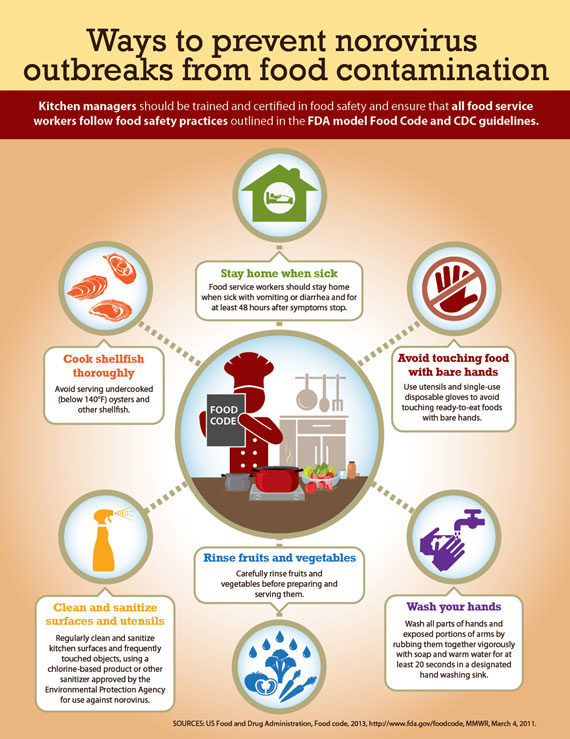
Norovirus: Symptoms and Transmission
Norovirus causes nausea, vomiting, diarrhea, abdominal pain, mild fever, and fatigue. It spreads through contaminated food, water, close contact with infected people, and touching surfaces with the virus. In Japan, the outbreak was linked to traditional Japanese meals like “kaiseki” and confectionery such as strawberry daifuku. Norovirus is more active in winter, making this outbreak particularly concerning. Symptoms usually last one to three days, but the virus can survive on surfaces for weeks. Handwashing with soap and water is crucial, as alcohol-based sanitizers do not kill the virus.
Government and Health Authorities’ Response
The Japanese government issued public health advisories and hygiene guidelines to stop the virus from spreading. Hong Kong health authorities warned residents traveling to Japan to practice good hygiene. They recommend frequent handwashing, avoiding raw or undercooked food, and staying away from contaminated items. The government inspected and closed affected establishments like the Kiichi restaurant in Osaka. Public awareness campaigns educate people about Norovirus prevention. Japanese and Hong Kong health authorities are working together to share information and coordinate responses.
Impact on Travelers and Tourism
Hong Kong health authorities issued a travel advisory for Japan. Travelers are advised to avoid raw or undercooked food and practice good hygiene. The outbreak may affect tourism, with travelers concerned about food safety. Travel insurance is important, as it may cover Norovirus-related illnesses. Travelers should stay updated on the outbreak and follow health advisories. Support services are available for those who become ill while abroad.
Economic and Social Implications
The outbreak could hurt Japan’s food and tourism industries. Public awareness of hygiene practices has increased. Stricter food safety regulations and inspections are needed to prevent future outbreaks. A strong public health infrastructure is essential for responding to such events. Long-term health effects are possible for those infected. Community organizations and local authorities play a key role in supporting affected individuals and stopping the virus from spreading further.
Prevention and Treatment
To prevent Norovirus, wash hands with soap and water, handle food properly, and avoid contaminated items. Treatment includes staying hydrated and resting. Seek medical attention if symptoms worsen. There is no vaccine for Norovirus yet, but research is ongoing. Public health education is vital to prevent outbreaks. Researchers are working to better understand and combat the virus.



